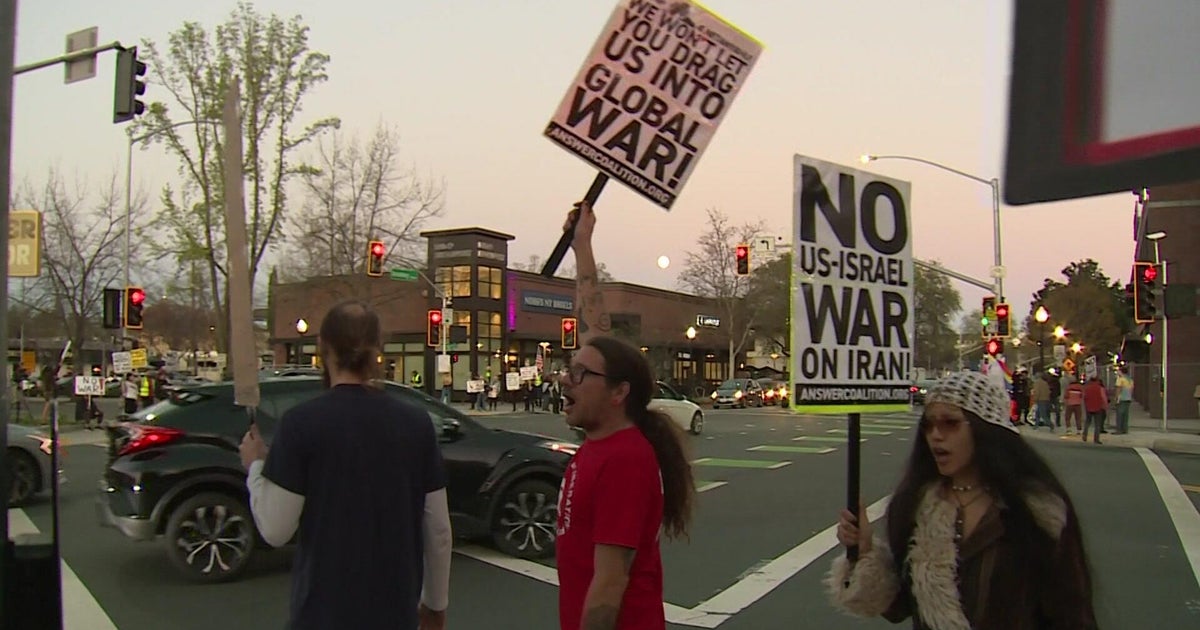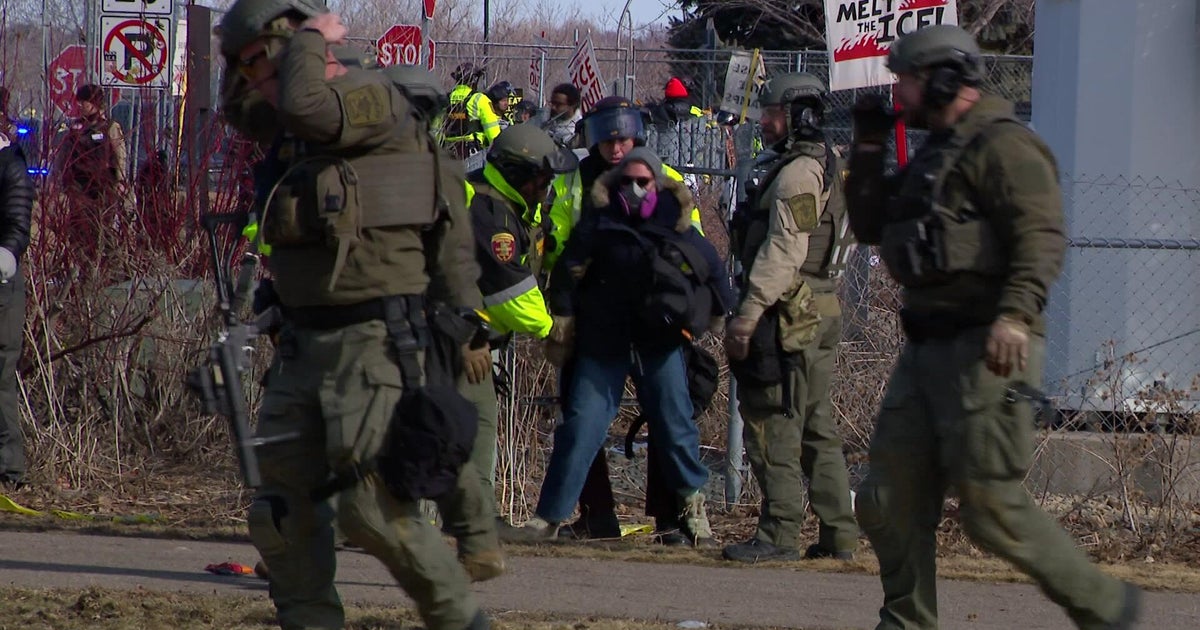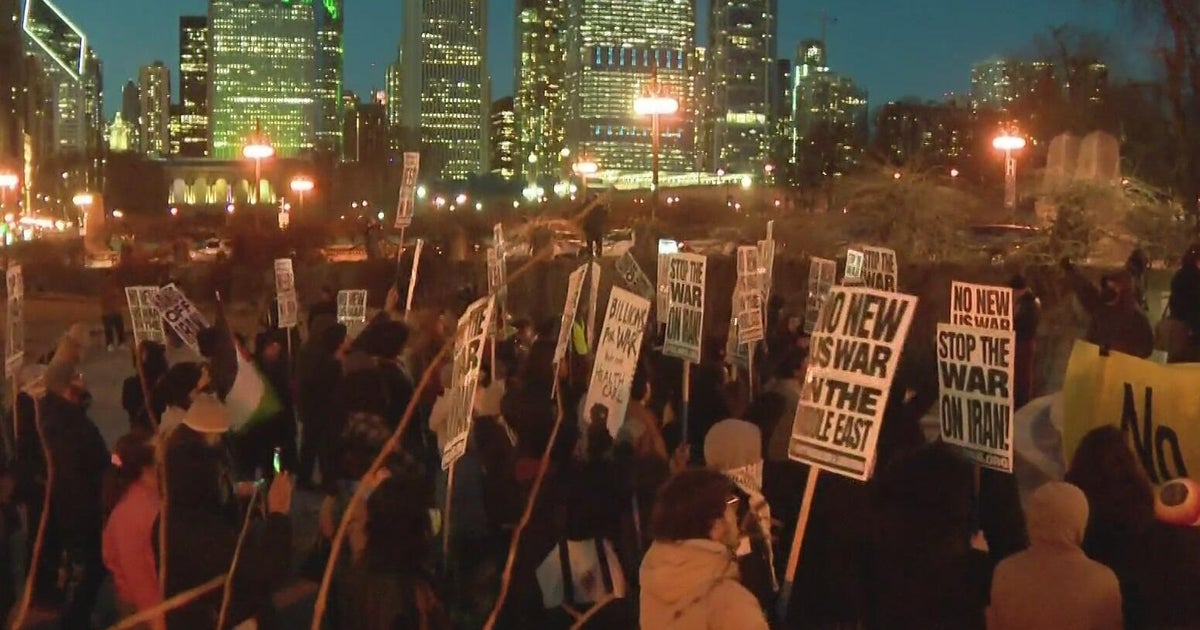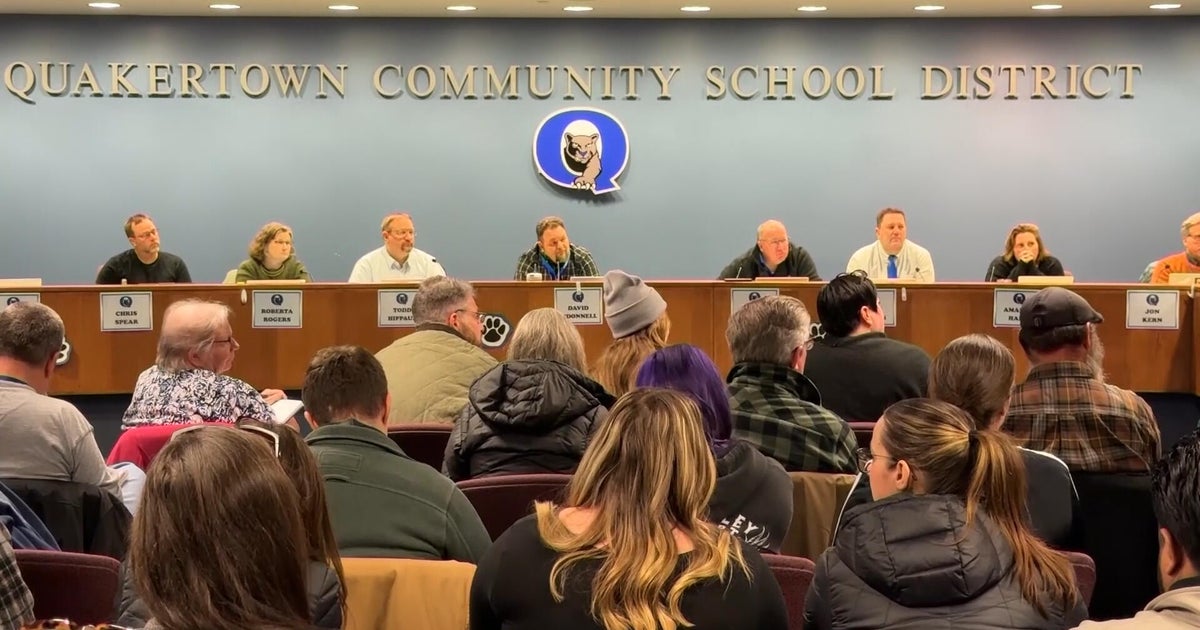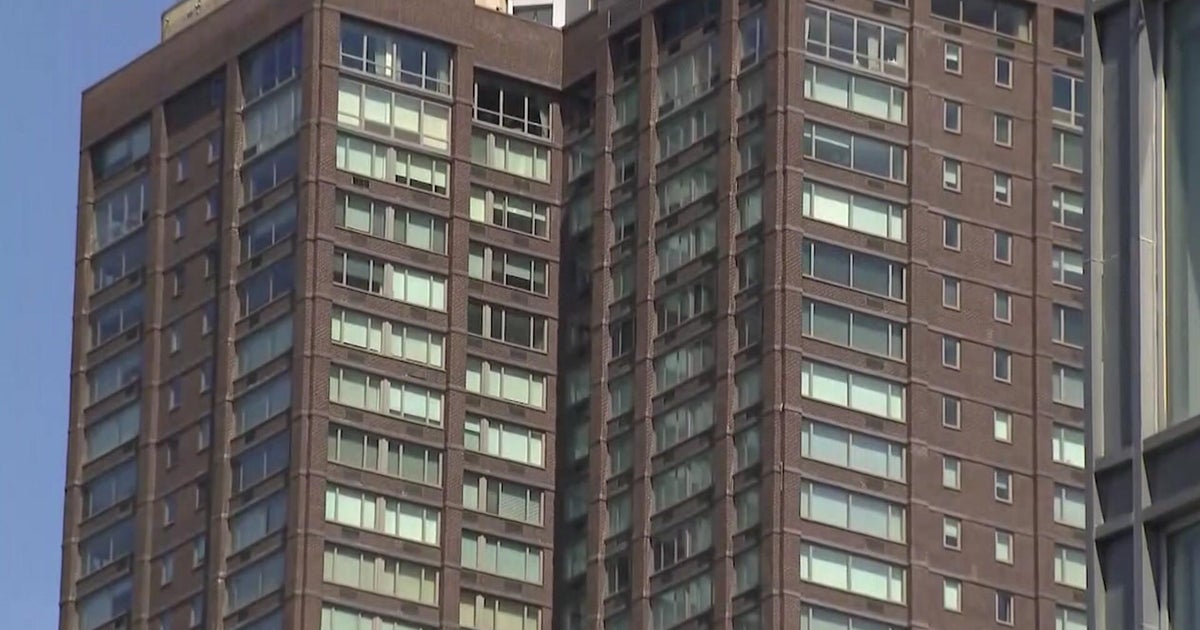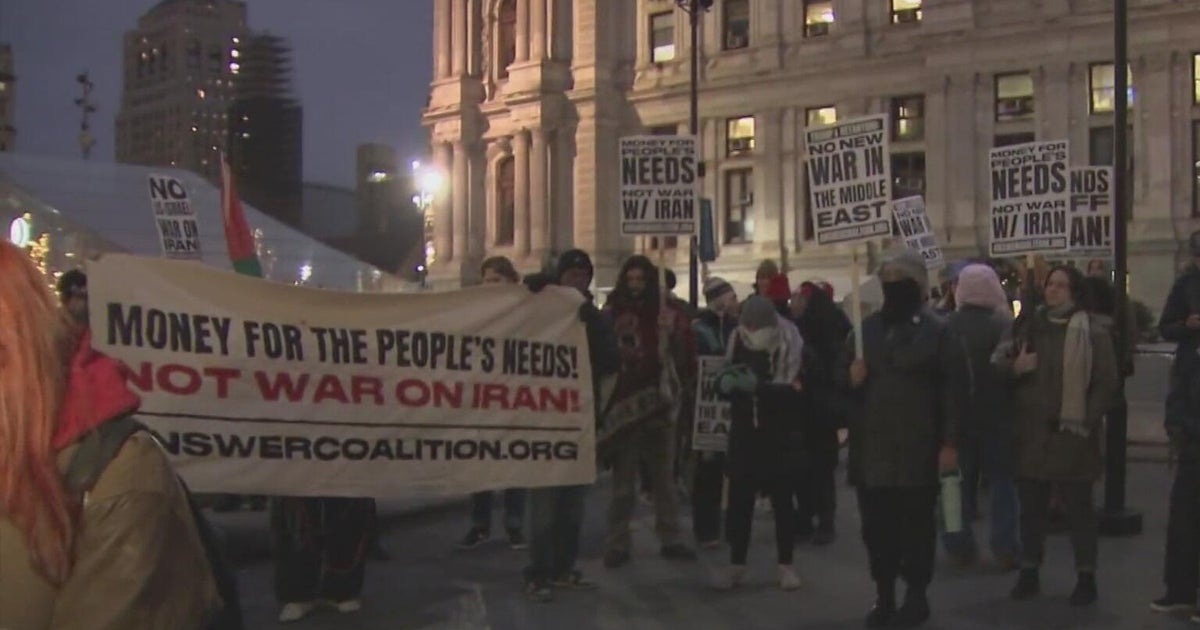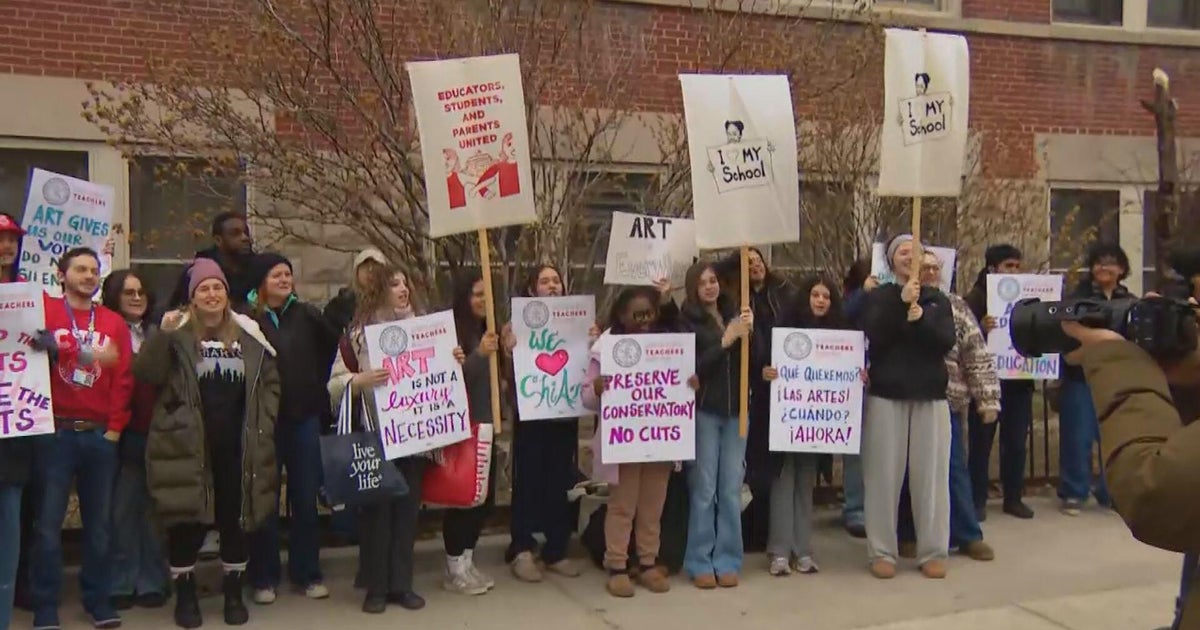Keller @ Large: Bill Banning Protests At Politicians' Homes Tests Issues Of Free Speech
BOSTON (CBS) - Remember back in September when a handful of environmental activists chained themselves to a boat blocking the driveway of Gov. Charlie Baker's driveway? They were hauled away, charged with disorderly conduct and trespassing, and told to stay 100 yards away from the Baker home.
At least that protest was relatively unmenacing. When protestors dumped dirty needles on the governor's front walk last year and called out to First Lady Lauren Baker, who was at home, she was terrified. "Were they trying to make me come outside and step on the needles or interact with the needles?" she said in court later on. "That's incredibly frightening to me."
At a time when demonstrations can and do turn violent all too often, protests are coming home to the doorsteps of politicians. And that's a problem State Rep. Steven Howitt (R-Seekonk) wants to address with a late-filed bill that would make any protest or demonstration - benign or not - within 300 feet of an elected official's home a crime punishable by arrest, a fine of up to $500 and up to a year in jail.
"People take it upon themselves that any public official has no privacy," said Howitt. "I don't think a family should be brought into a situation because of the elected official's decision or speech or whatever the case may be."
But Boston College Law Professor Robert Bloom says restrictions on peaceful protest must be narrowly tailored. "A peaceful protest where they're not throwing rocks - I think that's the essence of our democracy," he said.
Counters Howitt: "I think in some cases good people are not running for office because they fear repercussions that would affect their families."
"I feel for the family," says Bloom. "But that's the nature of being in public life."
They're both right. Plenty of potential candidates take a pass because of how rough political life can be. If Gov. Baker decides not to seek a third term next year, it's a safe bet his wife's traumatic experience - not the only time their home has been under siege in a menacing way - will be a major reason why.
But a case can be made that trying to ease the legitimate fears of public officials with a new law is like trying to build a lasting sand castle below the low tide line. As long as going too far is celebrated by popular culture, promoted online and shrugged off by politicians (as we saw in the aftermath of January 6), no law will stop the insanity.
